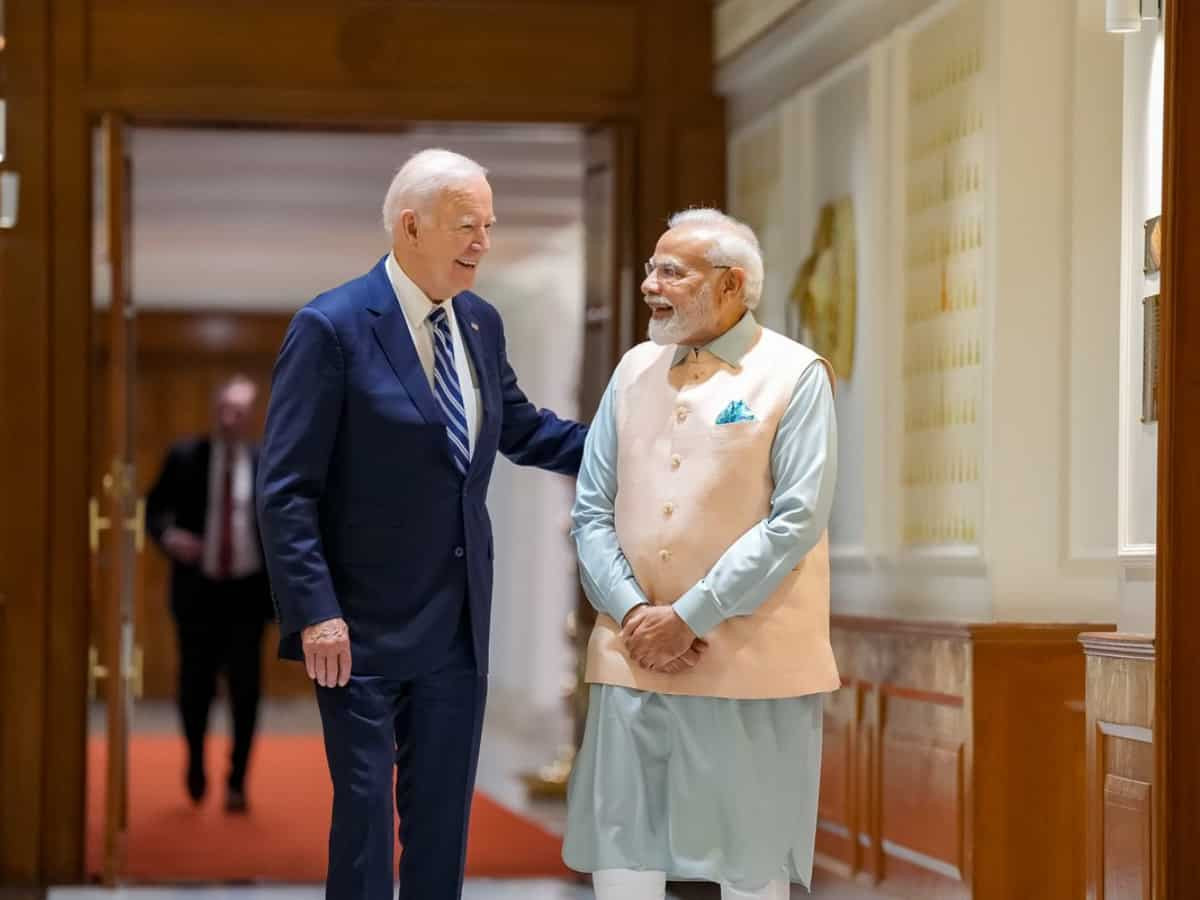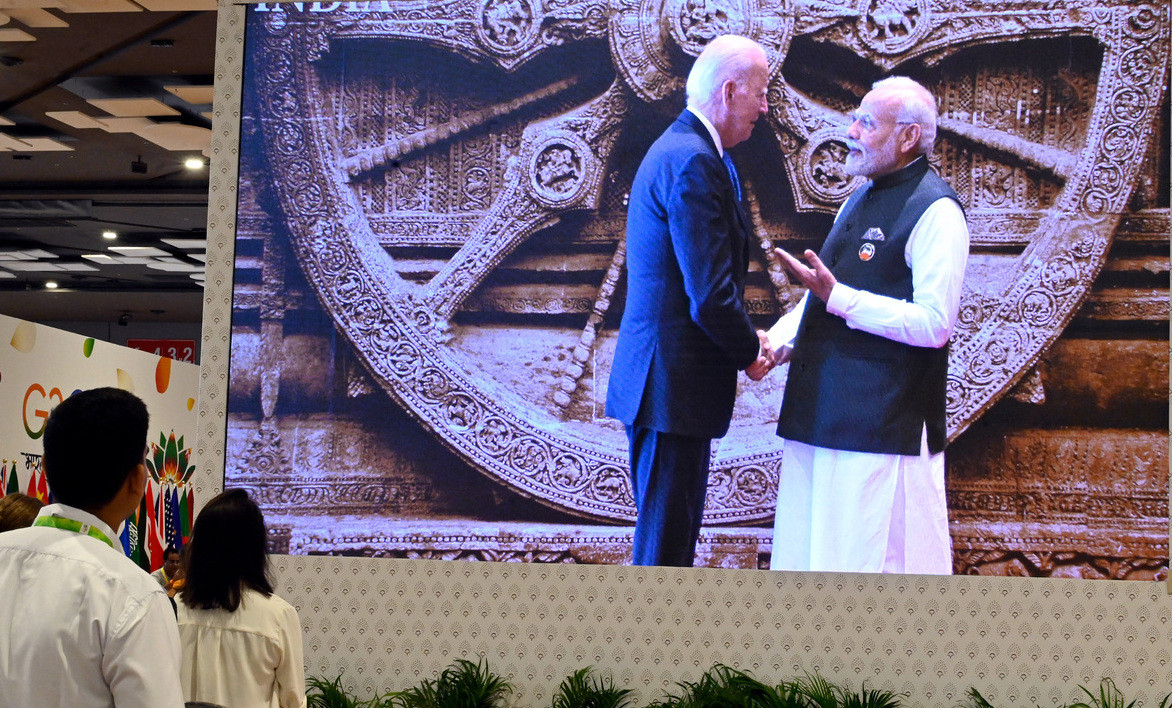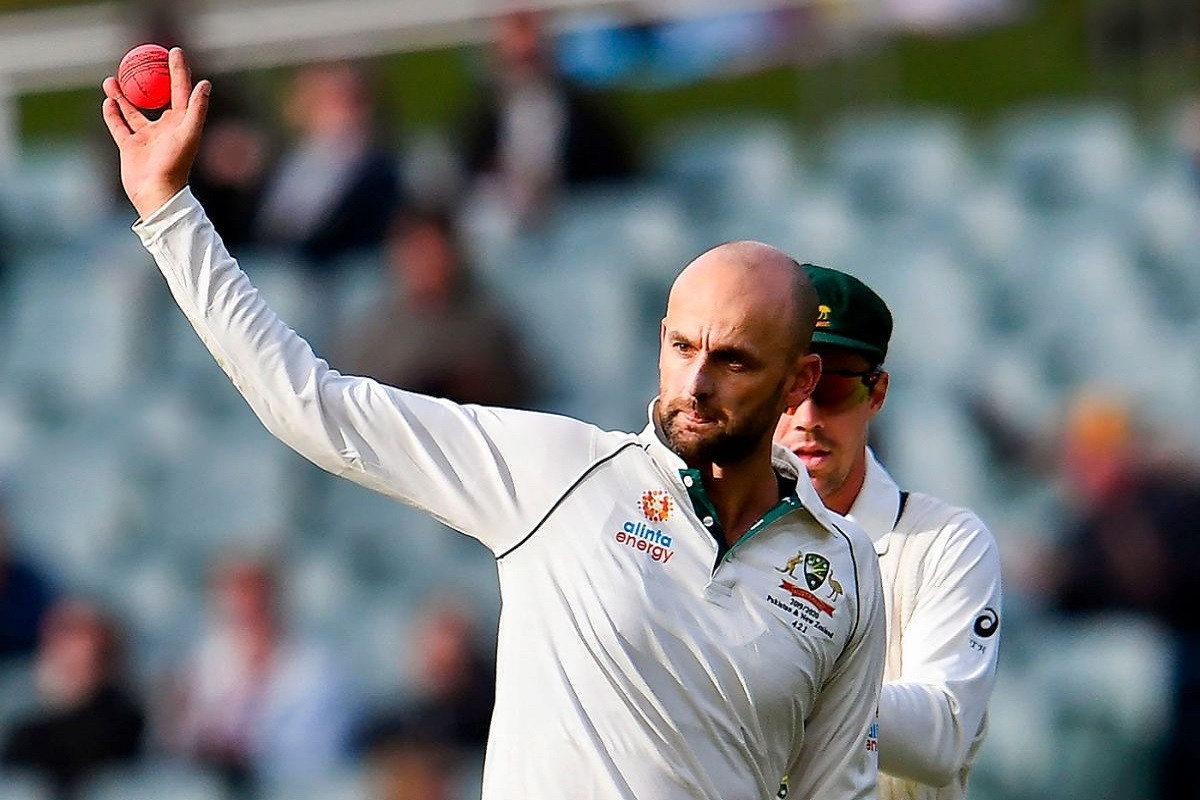US Backs India for Permanent UN Security Council Seat: Will It Happen?
Affirming support for the reformation of the United Nations Security Council to better represent the developing world, US Secretary of State, Antony Blinken said that the United States has long endorsed permanent seats in the council for India, Japan and Germany.
Speaking at the 'Summit of the Future' at the 79th United Nations General Assembly in New York on Monday (local time), Mr Blinken put forward the US' idea of two permanent seats for Africa, one rotating seat for Small Island Developing States, and permanent representation for Latin America and the Caribbean.
"Reforming the UN Security Council to better represent the developing world and, more broadly, the world as it is today. The United States believes that this should include two permanent seats for Africa, one rotating seat for Small Island Developing States, and permanent representation for Latin America and the Caribbean. In addition to the permanent seats for countries, we've long endorsed Germany, Japan, and India," he said.
"The United States supports starting negotiations on Council reforms immediately," he added.
Mr Blinken conveyed the US's commitment to adapting the UN system to reflect the current geopolitical situation driving the world, which didn't exist back in 1945. However, he resolutely opposed to any revision of any reformers, which could alter the core principle of the UN Charter.
"The United States is committed to adapting the UN system to reflect this world of today and tomorrow--not the one that existed in 1945 but we are and we will remain resolutely opposed to revisionism. We will not accept efforts to tear down, dilute, or fundamentally alter the core principle of the UN Charter," Mr Blinken further said.
India's Push for Permanent Seat
Notably, India has long sought a permanent seat in the Security Council to better represent the interests of the developing world. The nation's quest has gained momentum with support from the international community.
India's efforts to secure a permanent seat on the UN Security Council have been ongoing for several years. The country has argued that its size, economic power, and contributions to global peacekeeping make it deserving of a permanent seat. India has also emphasized its commitment to multilateralism and its role as a responsible global actor.
The Current State of UNSC Reform
The United Nations Security Council (UNSC) is composed of 15 member states, including five permanent members with veto power and ten non-permanent members elected for two-year terms.
The five permanent members of the UNSC include China, the United Kingdom, France, Russia, and the United States. The non-permanent members of the United Nations Security Council are elected for 2-year terms by the UNGA.
Quad Leaders Support Reform
The Quad leaders, including Prime Minister Narendra Modi, also expressed deep concern over the humanitarian crisis in Ukraine and reaffirmed their commitment to international law, territorial integrity, and sovereignty. Condemning the ongoing violence and reiterating the need for a comprehensive and just peace, the leaders underlined the war’s negative impact on global food and energy security, particularly for developing nations.
The Quad leaders, including Prime Minister Narendra Modi, also expressed deep concern over the humanitarian crisis in Ukraine and reaffirmed their commitment to international law, territorial integrity, and sovereignty. Condemning the ongoing violence and reiterating the need for a comprehensive and just peace, the leaders underlined the war’s negative impact on global food and energy security, particularly for developing nations.
Pakistan's Concerns About Reform
Pakistan’s Defense Minister Khawaja Asif said on Tuesday that India’s demand to add more permanent members to the United Nations Security Council (UNSC) would increase the likelihood of “paralysis” for the world body which already finds it difficult to efficiently deal with longstanding global disputes, the state media reported.
The minister made the remarks at the Summit of the Future on its concluding day, as Prime Minister Shehbaz Sharif and his entourage arrived in New York to attend the 79th session of the United Nations General Assembly (UNGA).
One of the six principal organs of the UN, the UNSC comprises powerful countries as its permanent members who are tasked with maintaining international peace and security. The Council also comprises 10 non-permanent members who are elected for a two-year term by the UNGA.
Currently, Russia, China, the UK, the US and France are the five permanent council members. India has been at the forefront of a years-long struggle to reform the most powerful international body, saying that it deserves a place among its permanent members. However, Pakistan is among the countries that has opposed India’s bid, saying adding more permanent members would increase the concentration of global power among a few countries and seeking more democratic and equitable UNSC reform.
“Referring to the UN Security Council’s frequent failure, the defense minister said that adding more permanent members — as demanded by India and its allies — will multiply the prospects of its paralysis,” APP reported on Tuesday.
The statement quoted him as saying that the council “should be adequately enlarged and made more representative by adding more non-permanent elected members to the council.”
The Road Ahead for UNSC Reform
The US support for India's bid for a permanent seat on the UN Security Council is a significant development, but it is unlikely to be an easy path. The process of UNSC reform is complex and requires consensus among the member states. There are also concerns about the potential impact of adding new permanent members, including the possibility of increased polarization and the concentration of power in a few hands.
Despite the challenges, there is growing international support for reforming the UN Security Council to make it more representative and effective. The US endorsement of India's bid is a sign of the growing recognition of India's role as a global power, and it could provide momentum for the process of reform. It remains to be seen how the process unfolds and what the ultimate outcome will be.
A New Era for Global Governance?
The ongoing discussions surrounding UNSC reform highlight the need for a more inclusive and representative global governance system. As the world faces increasingly complex challenges, such as climate change, pandemics, and economic inequality, a reformed UNSC could play a vital role in promoting cooperation and ensuring global stability. The debate over UNSC reform is not just about expanding membership; it is about ensuring that the United Nations is able to effectively address the challenges of the 21st century. Only by embracing a more inclusive and equitable approach to global governance can the UN fulfill its mission of maintaining international peace and security.


















